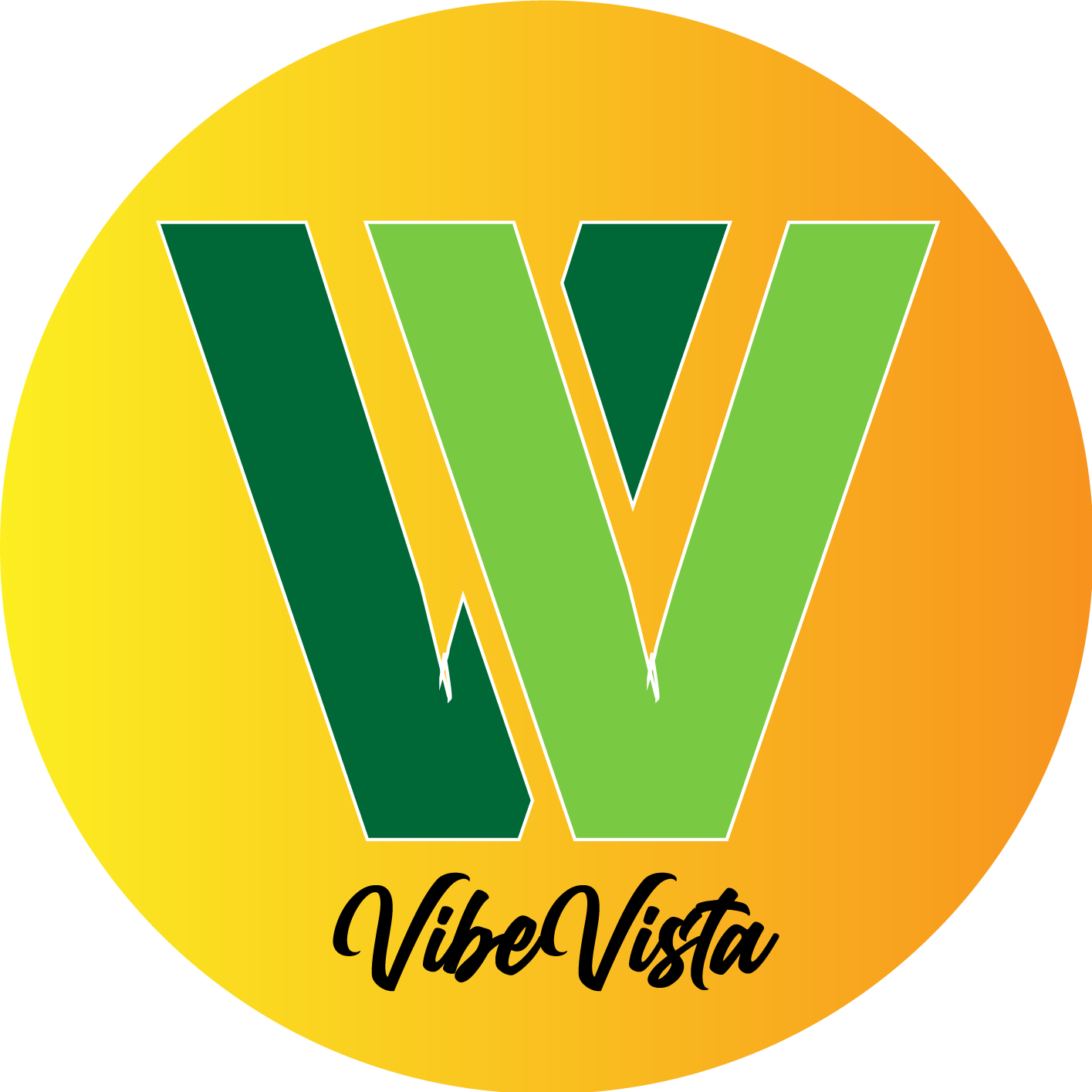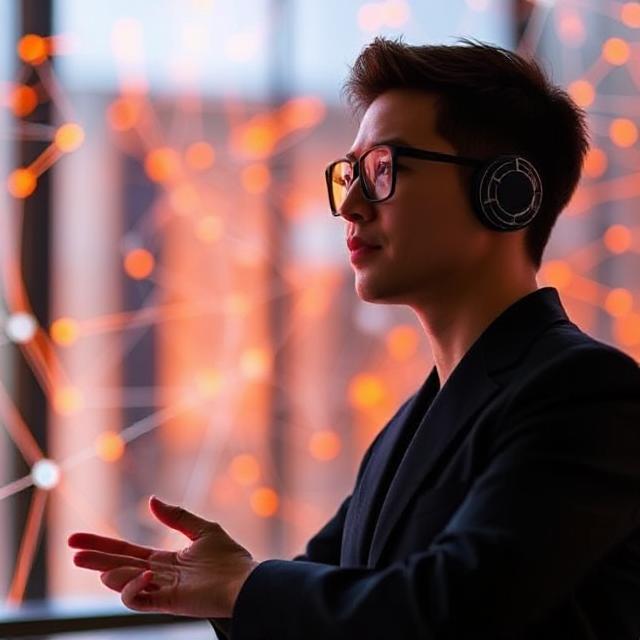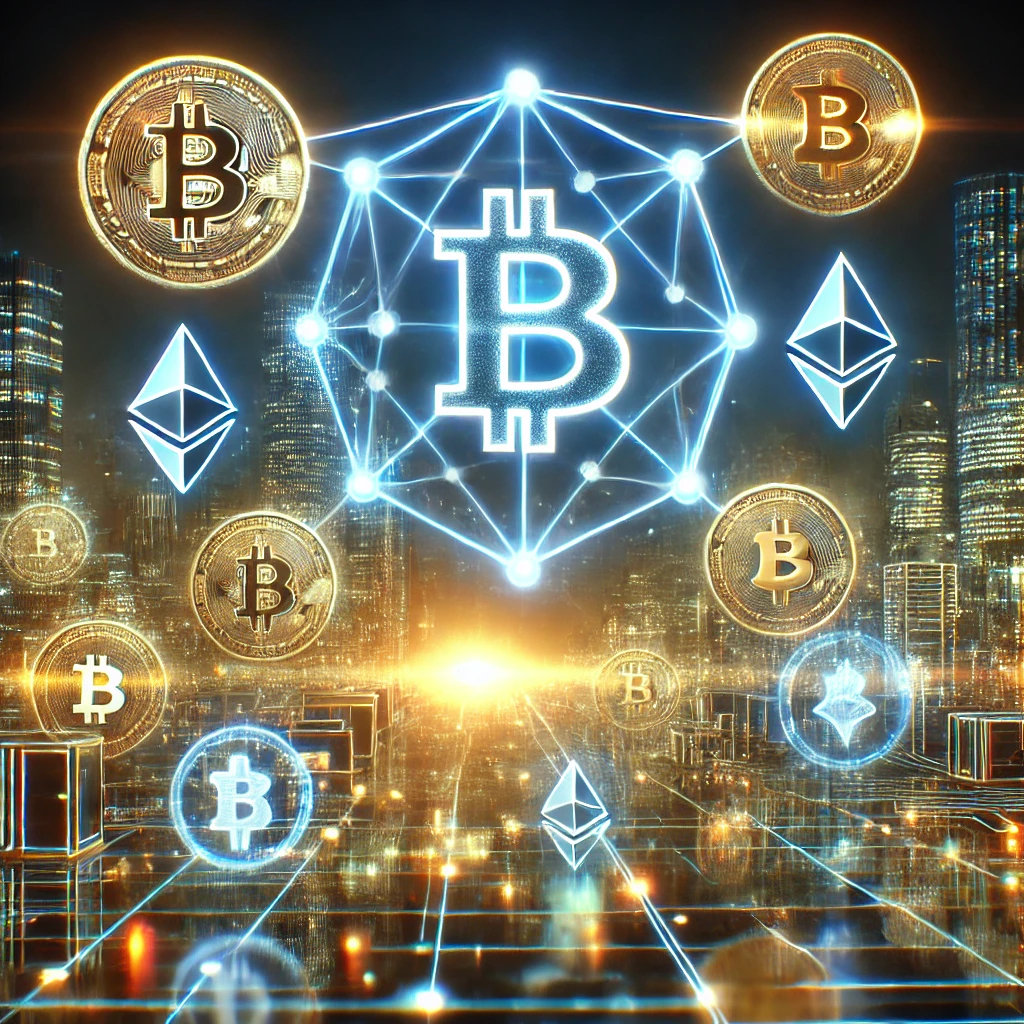In the rapidly evolving world of blockchain and artificial intelligence, AI-powered DAOs (Decentralized Autonomous Organizations) represent a transformative intersection. These innovative entities combine the decentralized structure of DAOs with the intelligence and adaptability of AI. The result is a self-governing, efficient, and autonomous system capable of running organizations without centralized leadership.
What Are DAOs?
Before diving into AI-powered DAOs, it’s important to understand traditional DAOs.
A DAO, or Decentralized Autonomous Organization, is an organization governed by smart contracts — self-executing contracts with the terms written directly into code — on a blockchain. DAOs operate without a central authority. Instead, decision-making power is distributed among stakeholders, usually token holders.
DAOs are transparent, democratic, and censorship-resistant, allowing members to propose and vote on changes, projects, or resource allocation.
The Role of AI in DAOs
AI-powered DAOs take this concept one step further by integrating artificial intelligence to automate tasks, optimize decision-making, and analyze data without human intervention. AI algorithms can evaluate proposals, allocate resources, detect fraudulent activities, or even generate new governance rules based on real-time analysis.
This blend creates a new paradigm of organizational management — self-learning and fully autonomous organizations capable of scaling efficiently.
Key Features of AI-powered DAOs
1. Smart Decision-Making
For instance, AI can evaluate community proposals by scoring them based on impact, feasibility, and alignment with the DAO’s mission.
2. Enhanced Security and Fraud Detection
Machine learning models can detect irregular transaction patterns or suspicious activities on the DAO, alerting members or automatically initiating protective actions.
3. Resource Optimization
AI can automatically allocate funds, delegate tasks, or manage voting mechanisms based on the DAO’s historical data, improving efficiency and minimizing waste.
4. Autonomous Evolution
AI-powered DAOs can evolve over time. With reinforcement learning, these systems can improve their governance rules, voting mechanisms, and internal algorithms based on feedback and results.
Use Cases of AI-powered DAOs
● Decentralized Finance (DeFi)
AI-powered DAOs can optimize lending, borrowing, and investment strategies by analyzing trends and managing risk autonomously.
● Supply Chain Management
In a DAO structure, AI can track inventory levels, forecast demand, and automate purchases, all without centralized oversight.
● Media and Content Platforms
Platforms like decentralized newsrooms or art collectives can use AI to curate, moderate, and reward contributions fairly and without bias.
● Environmental DAOs
AI models can monitor environmental data, predict climate impact, and guide DAO members toward sustainable initiatives.
Benefits of AI-powered DAOs
✅ Efficiency
AI minimizes manual intervention. With fewer human bottlenecks, decisions are made faster and more accurately.
✅ Scalability
As DAOs grow, human oversight becomes inefficient. AI scales effortlessly, handling growing data and user bases.
✅ Objectivity
AI removes emotional or political biases in decision-making, relying solely on data and logic.
✅ Transparency
Even with AI integration, decisions are auditable on the blockchain, preserving the core DAO principle of openness.
✅ 24/7 Operation
AI doesn’t sleep. AI-powered DAOs can function continuously, reacting to global events or market changes in real time.
Challenges and Concerns
Despite their promise, AI-powered DAOs face notable hurdles:
⚠️ Algorithmic Bias
Biased data can lead to unfair or harmful decisions, which may go unnoticed in autonomous systems.
⚠️ Security Risks
Smart contracts and AI models can be exploited if not properly secured. Once deployed, updating these systems is difficult due to blockchain immutability.
⚠️ Governance Dilemmas
Who oversees the AI? If the AI makes a wrong decision, who is responsible? Creating governance frameworks for autonomous entities remains a legal gray area.
⚠️ Technical Complexity
Deploying and managing an AI-powered DAO requires expertise in blockchain, machine learning, cybersecurity, and governance — a rare combination.
Future of AI-powered DAOs
The concept of this type of DAOs is still in its infancy, but its potential is enormous. With advancements in GPT-style large language models, autonomous agents, and decentralized technologies, we’re likely to see DAOs that:
- Draft and vote on their own proposals
- Create sub-DAOs for specific tasks
- Negotiate contracts or partnerships with other DAOs
- Evolve through generative governance models
As Web3 and AI continue to converge, AI-powered DAOs could reshape entire industries, from governance and finance to healthcare and education.
Conclusion
By blending the decentralized, community-driven ethos of DAOs with the analytical power of artificial intelligence, we’re witnessing the birth of entities that can run themselves — intelligently and transparently.
As technology matures and regulatory clarity improves, AI-powered DAOs may become the foundation for the next wave of global innovation. Whether you’re a developer, investor, or community member, now is the time to pay attention to this rapidly emerging field.












